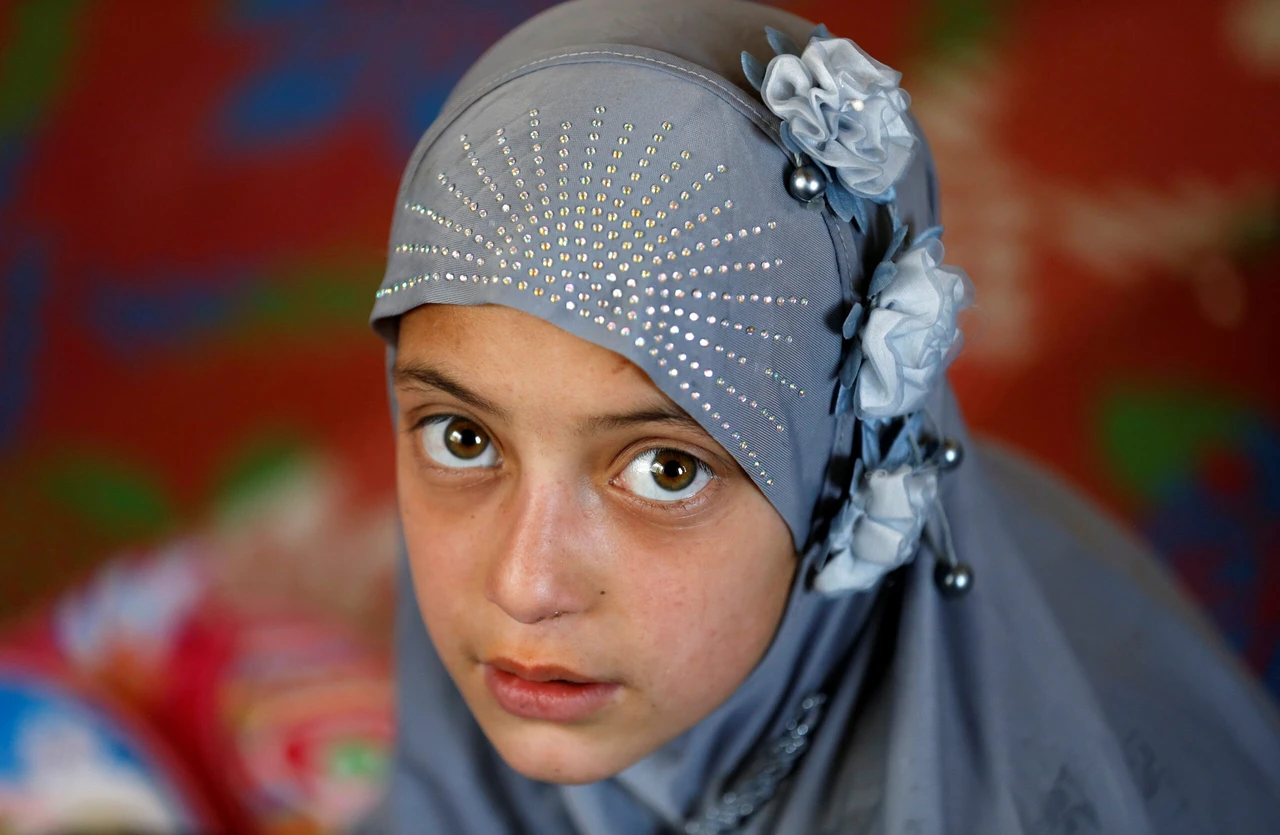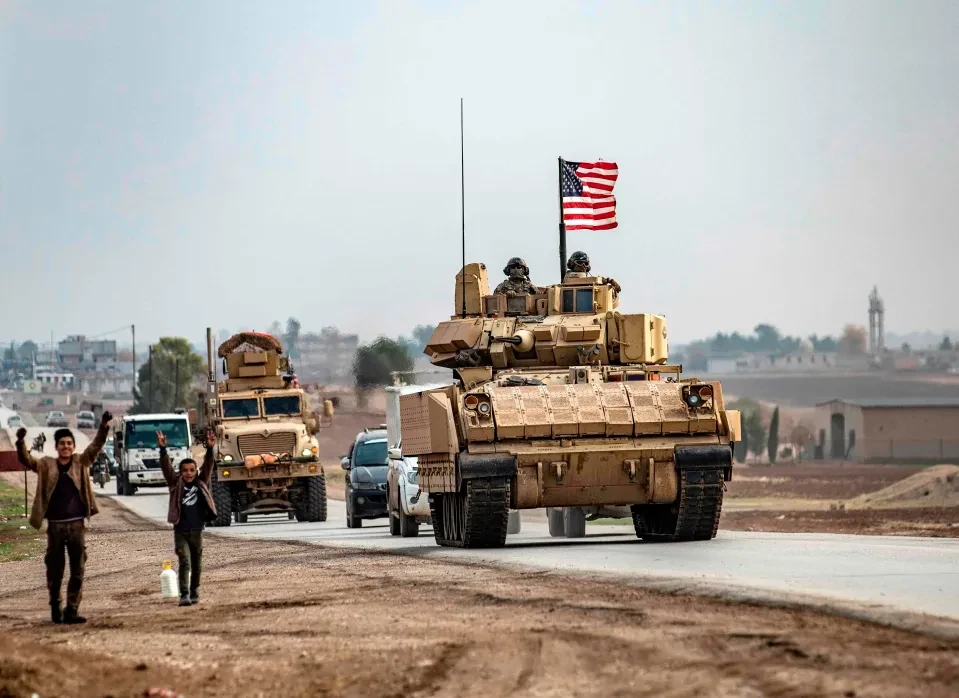Crackdown on radicalism: What’s happening in Tajikistan?
 An internally displaced Afghan girl looks on as she attends a class inside a shelter at a refugee camp in Kabul, Afghanistan May 31, 2016. (Reuters Photo)
An internally displaced Afghan girl looks on as she attends a class inside a shelter at a refugee camp in Kabul, Afghanistan May 31, 2016. (Reuters Photo)
Turkologist and writer Meryem Aybike Sinan explores how Tajikistan’s stringent measures against Middle Eastern-origin radical religious groups have impacted its relations with Russia and altered dynamics in the region.
Radical crackdown in Tajikistan
In Tajikistan, what can be described as a de facto “war” has been declared against radical religious groups of Middle Eastern origin. Following the recent terrorist incident in Russia, agents of the Russian Federal Security Service (FSB) conducted an extensive investigation in Tajikistan. President Emomali Rahmon stated that millions of Tajik citizens are involved with radical groups and terrorism, expressing shame over their actions.
After completing their investigations, the FSB held Tajikistan accountable. Despite Tajikistan’s efforts, it could not withstand Russia’s pressure and has since implemented severe measures. Suddenly, all religious groups, foundations and associations have been banned from operating, with even worship activities partially restricted and thousands of individuals detained.
Key decisions and restrictions
In Tajikistan, sweeping new measures have been implemented, including a ban on clothing with religious symbols, which could lead to imprisonment and significant fines for non-compliance. Men are also prohibited from wearing beards in a specific style associated with Wahhabi tradition, with reports of thousands forcibly shaved.
Further restrictions include bans on youth visiting mosques, younger adults making pilgrimages to Mecca and Medina, and state officials attending Friday prayers. Additionally, Tajiks returning from Daesh-controlled regions face severe consequences, including the separation of their children into state-run facilities and social ostracization of their families, who are denied burial rights and basic services.
Exodus of radical groups and regional implications
Radical religious groups are swiftly leaving the country, seeking new territories where they can reside undisturbed. Even culturally close countries like Iran are refusing to accept these individuals.
As a result of decisions taken in Saudi Arabia and some Arab countries, it is rumored that certain radical factions are seeking new territories, with Uzbekistan, Kazakhstan, and Kyrgyzstan being discussed most frequently.
International dynamics and Central Asian stability
The aim of countries like the U.K., U.S., and even Israel who finance these radical groups is not only to disrupt peace and stability in Central Asia but also to erode the vibrant Hanafi-Maturidi tradition in this region through these radical groups, potentially turning it into a new “Middle East.”
Türkiye’s strategic approach
Türkiye must approach this issue with caution, frequently consulting with relevant countries and effectively utilizing its intelligence apparatus. Protecting Central Asia, especially Turkic republics, from such harmful influences is of utmost importance.



